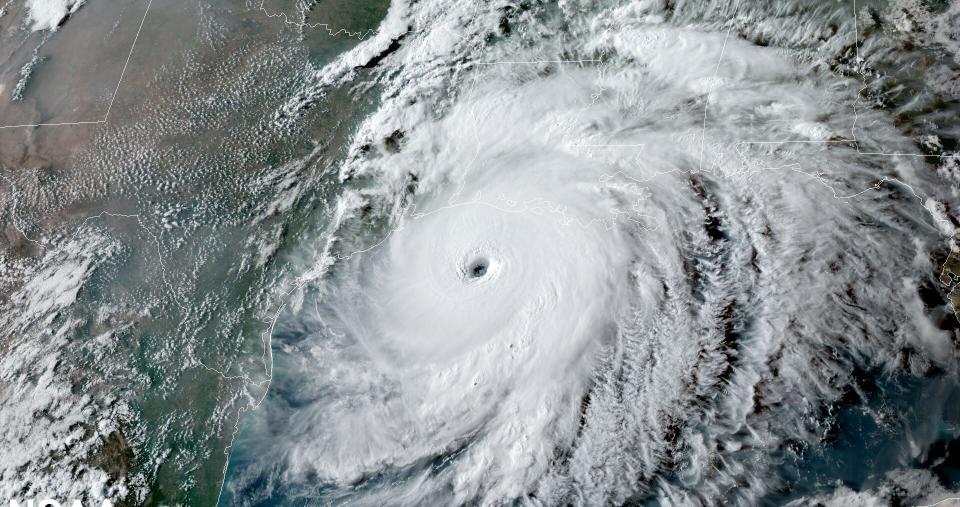Science Says We’re in for Another Above-Average Hurricane Season
Well, it appears that another busy hurricane season is on the horizon.
National Oceanic and Atmospheric Administration (NOAA) has predicted six to 10 Atlantic hurricanes, with three to five achieving major hurricane strength.
While above average, experts do not anticipate we'll experience anywhere near the historic level of storm activity seen in 2020.
NOAA is also predicting a total of 13 to 20 named storms—those with winds speeds of at least 39 mph.
By contrast, last year's record-setting season produced 30 named storms, including 14 hurricanes and seven major hurricanes.
"Although NOAA scientists don't expect this season to be as busy as last year, it only takes one storm to devastate a community," Ben Friedman, acting NOAA administrator, said in a statement. "The forecasters at the National Hurricane Center are well-prepared with significant upgrades to our computer models, emerging observation techniques, and the expertise to deliver the life-saving forecasts that we all depend on during this, and every, hurricane season."

NOAA
This is the sixth straight above-average hurricane season in the Atlantic. Based on the uptick in hurricanes over the last two decades, NOAA said it's changing what constitutes a "normal" season.
Going forward, an average Atlantic hurricane season will have 14 named storms, seven hurricanes, and three major hurricanes. The previous season average was 12 named storms, six hurricanes, of which three were major.
Hurricane season runs from June 1 through November 30, peaking in August, September, and October. With it becoming more common for storms to form in May, however, experts are urging residents of coastal communities to begin their hurricane preparations now.
"Now is the time for communities along the coastline as well as inland to get prepared for the dangers that hurricanes can bring," Secretary of Commerce Gina Raimondo said in a news release. "The experts at NOAA are poised to deliver life-saving early warnings and forecasts to communities, which will also help minimize the economic impacts of storms."
For more information, visit the National Hurricane Center's website at Hurricanes.gov.

